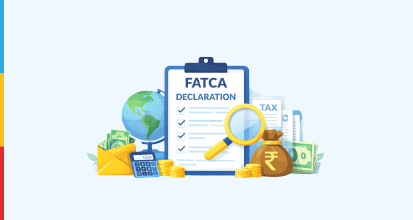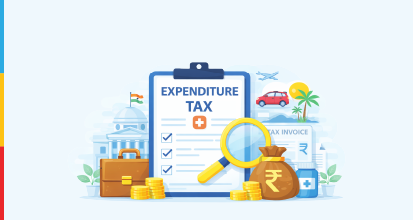- Financial Year: The 12-month period from 1 April to 31 March, in which you earn income for income tax
- Assessment Year: The year after a financial year when income is assessed and taxed
- Belated Return: An ITR filed after the due date but within the allowed deadline
- Updated Return: A return (ITR-U) filed after the deadline to update income, with extra tax/interest
- Late Filing Fee: A fee charged under Section 234F for filing ITR after the due date, as per tax rules
Written by : Knowledge Centre Team
2026-02-11
1133 Views
7 minutes read
Share












